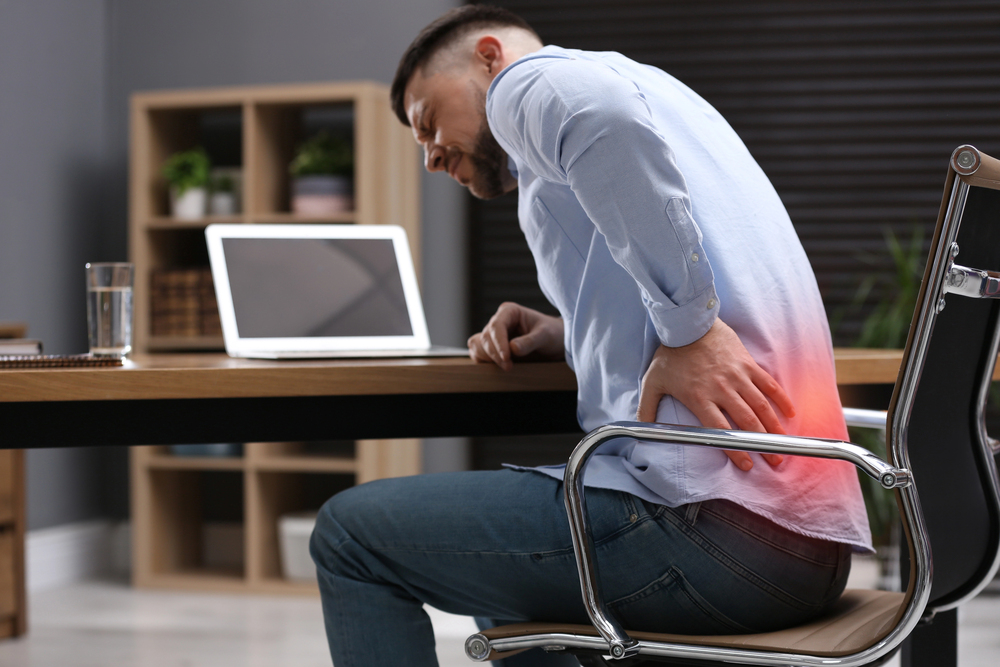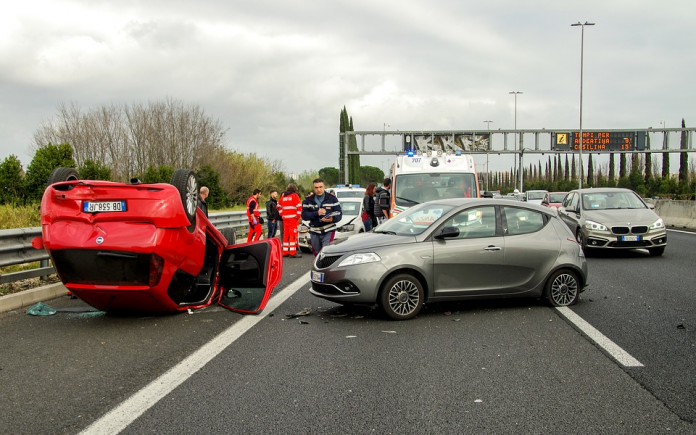Car accident law is a combination of personal injury law and traffic law. The state the accident occurred in determines what interpretation is used in order to determine who is at fault for the accident. The police should be notified and called to the scene of the accident. A police officer will interview each person involved, as well as any witnesses. The officer will also analyze the scene and take pictures in order to make a report of what happened during the accident.
The parties involved with the accident need to file a claim with their car insurance companies, which will review the claim and police report in order to determine who was at fault. You will be compensated for medical needs, replacing the vehicle or fixing the vehicle, depending on what type of auto insurance coverage is included in your policy.
If the damage is severe, it’s possible that one person may file a suit against the other driver(s) involved. If the lawsuit determines that the defendant was negligent and responsible for injuries sustained by the plaintiff, then the insurance company typically covers the cost of damages paid out to the plaintiff.
Car Accident Terms
Collision Coverage:
This type of car insurance provides reimbursement for damages sustained from a collision.
Comprehensive Coverage:
This is coverage for any non-collision damage suffered.
Uninsured/Underinsured Motorist Coverage:
Coverage that protects a driver who sustains damage when involved with a driver not carrying any insurance. This protection also kicks in when the other driver’s policy doesn’t have enough coverage to pay for all damages.
Negligence:
A method used to figure out who is at fault.
Comparative Negligence:
This method splits fault when more than one person is found to have caused the accident.
Vicarious Liability:
Assigns blame for an accident on a person not involved directly. This could apply to an employer when an employee driving the company vehicle causes an accident.
What to Do After an Accident
Never flee from the scene of an accident, even if you think it was only a minor event.
Take steps to protect the scene. If it’s dark, keep your lights on so other drivers see you when they arrive at the accident. Keep your flashers on or use flares to further protect oncoming traffic and the participants in the accident.
Don’t move the vehicles involved (unless they are in the way of oncoming traffic).
Call the police so a report is filed. Even if the accident is minor, it’s a good idea to file the police report so that events of the accident are accurately recorded.
Tell the police officer what happened to the best of your ability.
If you can’t remember certain facts, tell the officer that instead of trying to speculate. If you’re injured, state that you are injured. If you’re not sure whether you are injured, it’s best to say that instead of saying “no”. Use your cell phone to take pictures of each vehicle and the surrounding areas of the accident scene. Photograph any physical injuries.
Exchange information with the other party involved.
Record their name, address, phone number, insurance carrier and policy number. Make sure you see their insurance card and record the information straight from that source. Take down the contact information for any witnesses so you or your lawyer can contact them later. Call your insurance company and take the steps to file a claim.
Get medical attention.
It’s common for car accident injuries to show up a day or two later. Go to your regular doctor or emergency room immediately because you can suffer from spinal cord problems even if the car accident seemed minor. If you were unconscious after the impact, it’s imperative that you seek medical attention because this type of injury might cause behavioral or cognitive changes.
Protect your rights after the accident.
Talk to a lawyer so that you know exactly what to do and say in the days following the accident. Dairn Shane from Preszler Law Firm explains that contrary to what insurance companies would have you believe, there is no requirement to speak to the insurance adjuster who represents the other party involved in your auto accident.
Use the above tips to ensure that you understand car accident law and what to do after an accident. Write down the main ideas and put them into your glove compartment. It’s likely that you’ll feel disoriented after an accident and won’t remember what to do. Having a written list will help make sure that you follow the correct procedure during the aftermath of the accident.
Find a Home-Based Business to Start-Up >>> Hundreds of Business Listings.

















































